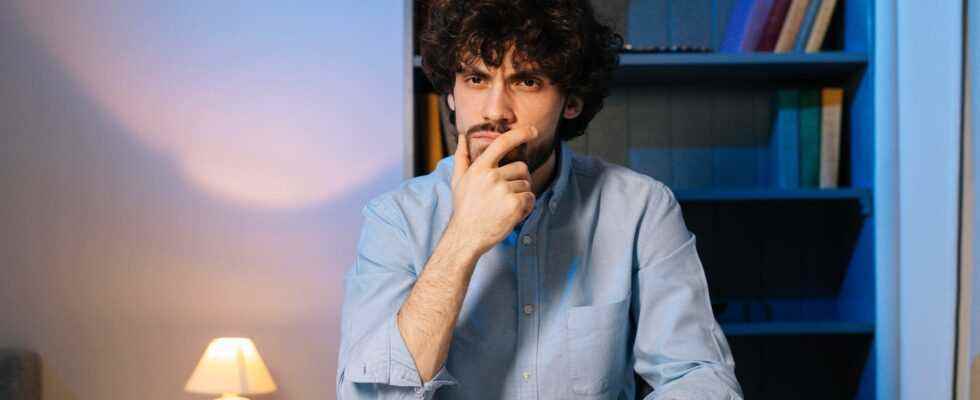Many decisions are about unknown quantities. How far is it from A to B? is the price good How much time do I need for this task? A series of tests with more than 6,400 test subjects shows: With such questions, you can use a trick to help yourself and mentally seek advice from a person who usually has a different opinion.
For example, the subjects, recruited through online research platforms in the US and UK, were asked to estimate how much a washing machine, a piano or a baby elephant weighed. Then they were asked to think again, but in different ways: some to just guess a second time, others to put in the perspective of a friend who shares their political thinking. And a third group was asked to imagine a friend who often has different political views: what would he say?
In the third group, the second tip differed more significantly from the first than in the other two groups. And that turned out to be an advantage: The middle between the two tips of the third group came closest to the correct result. Taking the average between the two picks was not only better than the first pick, but also better than the middle between the first and second picks of the other two groups. The true value was only between the two estimates in around every fifth case – but in every third case when the fictitious opinion of a friend who thought differently was included.
The wisdom of the featured many
The two researchers Philippe van de Calseyde from the TU Eindhoven and Emir Efendic from the University of Maastricht speak of an “inner crowd effect”, based on “wisdom of the crowd”. The latter is the frequently confirmed phenomenon that the mean value from many independent estimates is usually closer to a true value than individual opinions. But apparently there is no need for a real survey among many: It helps to imagine a different opinion and adjust your own judgment accordingly – because then the second tip differs more from the first, as the authors explain.
